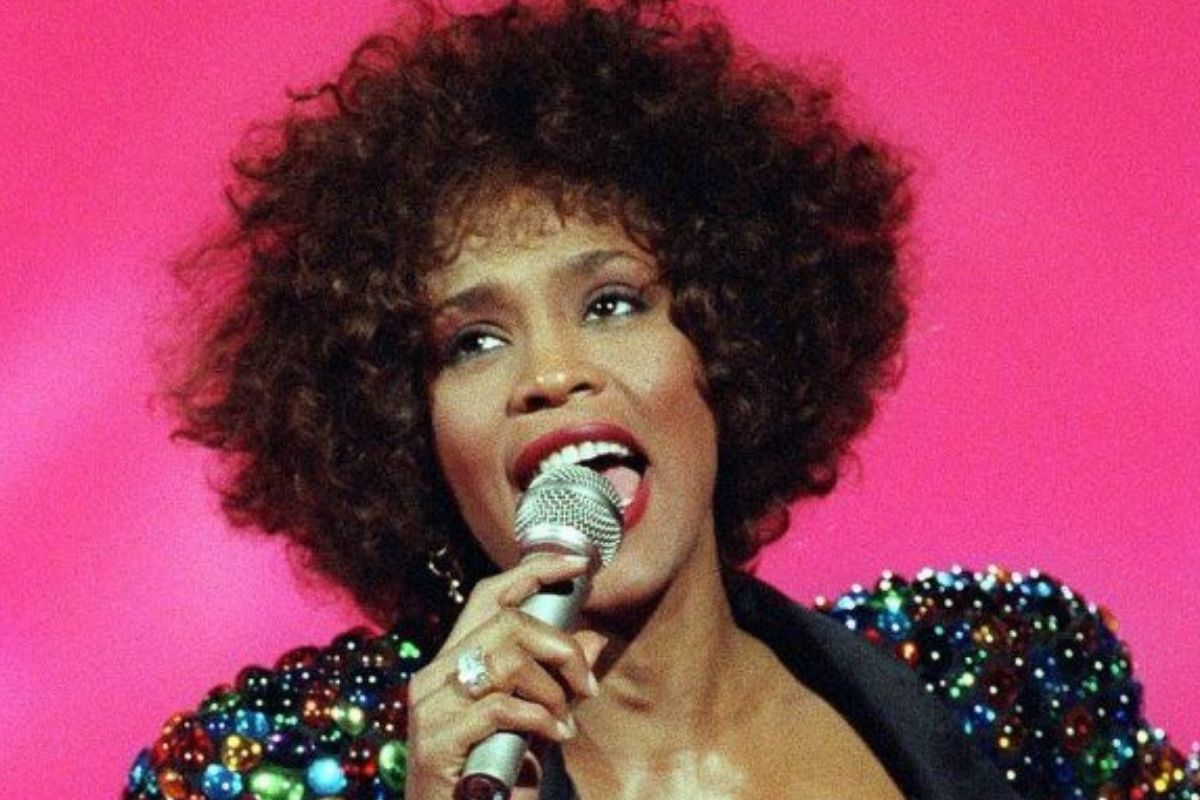Queens of Soul: The Enduring Impact of Black Women Singers of the 70s
The 1970s was a decade of immense cultural and societal change, and music played a pivotal role in reflecting and shaping those shifts. Amid this dynamic era, Black women singers rose to prominence, their voices becoming powerful instruments of expression, liberation, and social commentary. These weren't just singers; they were revolutionaries, using their platforms to challenge norms and amplify the voices of a community striving for equality and recognition.
From the gritty streets of Detroit to the electrifying stages of New York City, Black women in the 1970s redefined soul, funk, and R&B. They infused these genres with a potent blend of vulnerability and strength, crafting anthems that resonated with audiences across racial and social lines. Think of the raw emotion in Roberta Flack's voice, the unapologetic power of Chaka Khan, or the soulful storytelling of Gladys Knight. These women, along with a constellation of other talented artists, created a soundtrack for a generation.
The influence of these musical icons extended far beyond the charts. Their music became a lifeline for marginalized communities, offering solace, inspiration, and a powerful sense of shared experience. These artists tackled themes of love, loss, empowerment, and social justice, their lyrics becoming anthems of hope and resilience. Their music wasn't just entertainment; it was a call to action, a demand for recognition, and a celebration of Black identity.
To truly grasp the impact of Black women singers of the 70s, one must look beyond the music itself. These women shattered glass ceilings in a male-dominated industry, paving the way for future generations of Black female artists. They redefined standards of beauty and challenged societal norms, embracing their natural hair and celebrating their curves in an era obsessed with Eurocentric ideals.
The legacy of these trailblazers continues to resonate today. From the resurgence of vinyl records to the sampling of classic tracks in modern music, the influence of Black women singers of the 70s is undeniable. Their music remains a testament to the power of artistic expression and its ability to inspire, empower, and ignite social change.
While it's impossible to encapsulate the entirety of their contributions, exploring the discographies of artists like Donna Summer, Minnie Riperton, and Betty Davis offers a glimpse into the vast and diverse landscape of 70s soul and R&B. Delving deeper into their stories unveils the struggles they overcame, the societal barriers they shattered, and the indelible mark they left on the world of music.
Advantages and Disadvantages of Exploring Music by Black Women Singers of the 70s
| Advantages | Disadvantages |
|---|---|
| Discovering a rich and diverse musical landscape | Limited access to certain recordings or artists due to historical context |
| Gaining a deeper understanding of social and cultural movements of the 1970s | Potential difficulty in finding comprehensive biographical information on some artists |
| Appreciating the artistry and impact of influential female musicians |
Whether you're a seasoned music aficionado or just beginning to explore the sounds of the past, the music of Black women singers of the 1970s offers a captivating blend of social commentary, artistic innovation, and raw emotion. Their voices, stories, and enduring legacies continue to inspire and empower, reminding us of the transformative power of music and its ability to transcend generations.
The grace in the lines exploring white haired woman art
Boat pulling to the right find solutions here
Understanding the starter solenoid wiring diagram














